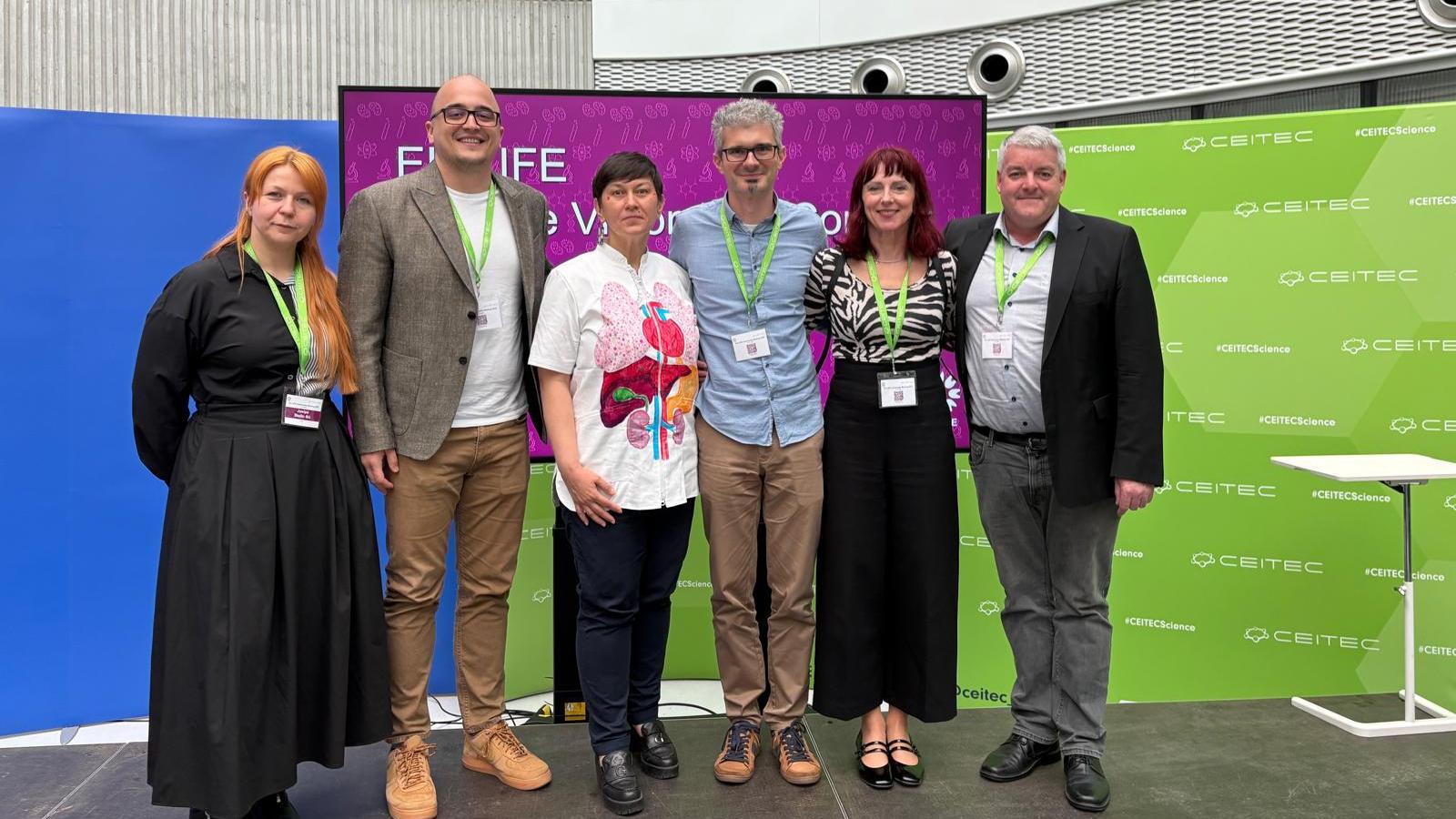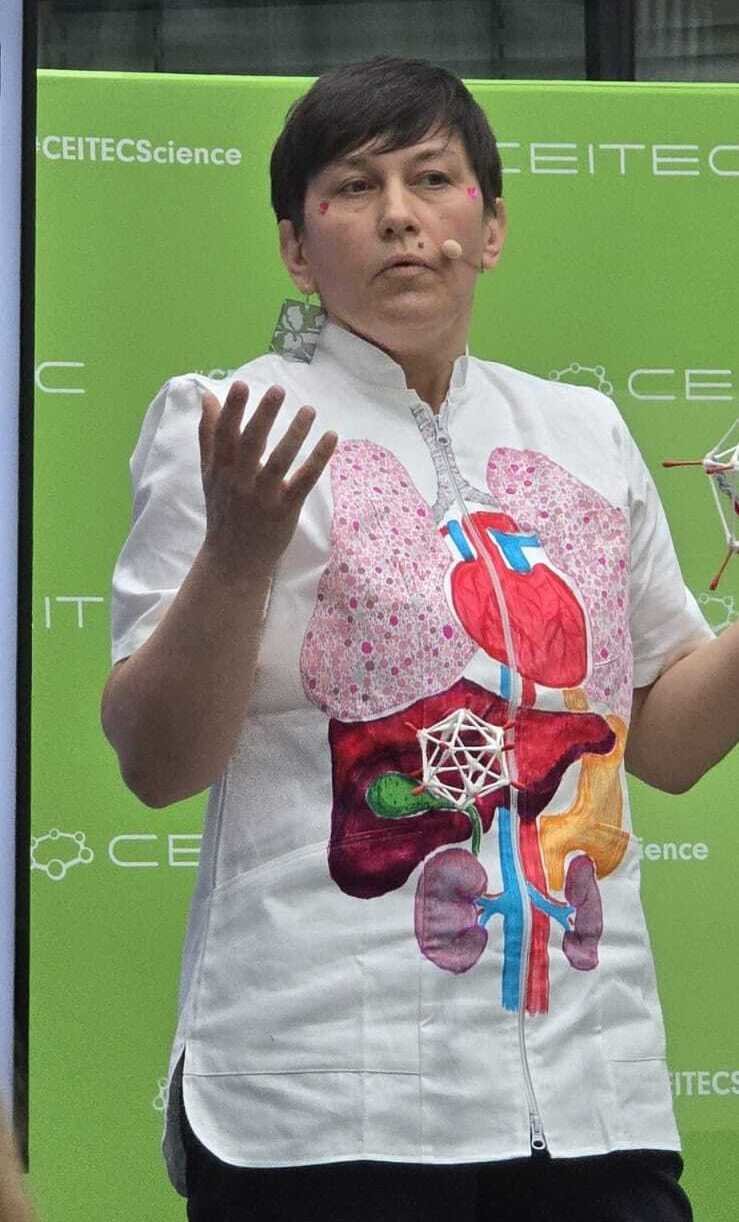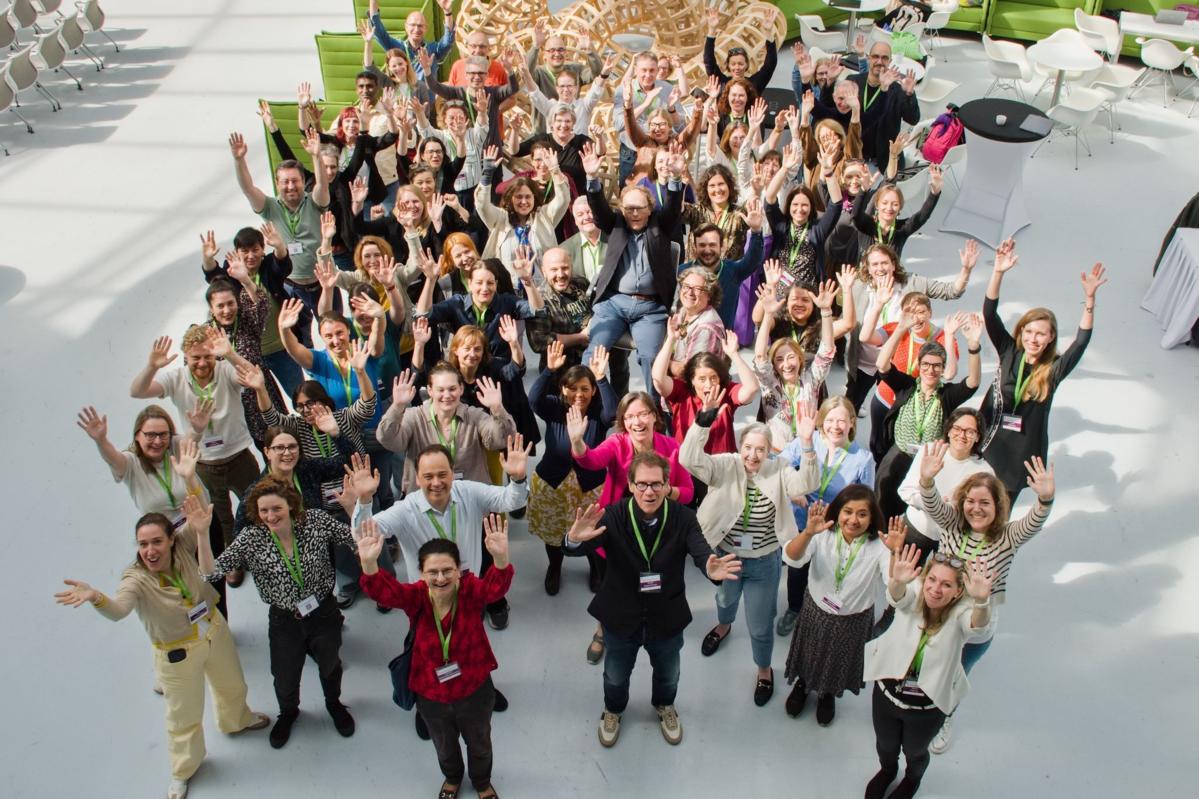As the alliance’s newest member, this was RBI’s first time participating in the annual meeting of this prestigious network of life science research institutes. EU-LIFE unites 17 top independent research institutions from 16 countries, committed to promoting scientific excellence, improving research policy, and strengthening the collective voice of the scientific community in discussions with European decision-makers. The alliance advocates for open science, sustainable research funding, and career development for early-career researchers. Membership provides a valuable platform for actively contributing to the direction of European science.
A New Member, But an Equal Voice
“Even though both we and the Francis Crick Institute were first-time participants at this meeting, we felt warmly welcomed as partners with something valuable to say and contribute to the alliance,” said Dr David M. Smith, Director General of the Ruđer Bošković Institute.
The annual meeting included sessions for directors and coordinators, attended by Dr David M. Smith, Assistant Director Dr Marijeta Kralj, and Dr Marko Košiček, EU-LIFE Coordinator at RBI. The discussions covered key topics shaping the future of European science, including research policy, the EU legislative framework, the balance between scientific autonomy and political priorities, and the sustainability of infrastructure and human resources funding.
“For the RBI, EU-LIFE membership is of strategic importance. It gives us access to shared knowledge and resources and allows us to play an active role in shaping EU-level research policy. As a network of leading research institutes, EU-LIFE has significant influence on European science policy,” Dr Smith added.
A Virus Turned Ally – A Memorable Performance
The programme featured plenary lectures, working group meetings, and tours of research facilities. A special highlight was the Science Vision Talk Contest, a competition that blends scientific excellence with the art of communication.
RBI’s virologist Dr Dragomira Majhen captivated the audience with her talk titled “Taming Adenovirus: Turning a Foe into a Friend.” She demonstrated how adenoviruses—typically known for causing the common cold—can be re-engineered into precision therapeutic vectors that selectively destroy tumour cells while sparing healthy tissue.
Dr Majhen’s presentation was a brilliant example of how even the most complex scientific topics can be communicated clearly, accurately, and—most importantly—understandably. With ease, she combined scientific rigour with an engaging style, turning intricate content into a compelling story that sparked curiosity and inspired further questions.
Stronger Together
In addition to scientific and strategic discussions, RBI delegates Dr Marijeta Kralj, Dr Josipa Skelin Ilić and Andrej Kajganić actively participated in working groups focused on science communication, research equipment, technology transfer, early-career researcher development, and crisis communication—topics growing in importance amid climate and health crises, misinformation, and increasing pressure on science to be more agile and application-driven.
“Meetings like this are a chance to exchange practical experiences on issues such as capital equipment, recruitment, career progression, mobility, science communication and more—issues that EU-LIFE institute leaders deal with on a daily basis. But it’s also an opportunity for deeper strategic dialogue about the broader state of science in the EU and the world, especially regarding the role of fundamental research in society. Today, more than ever, the united action and voice of Europe’s leading scientific institutions is essential,” concluded Dr Marko Košiček.
The meeting was held under the motto “United by Values, Connected by Science”, bringing together over 100 participants from across Europe for three days of exchange, vision, and collaboration.




